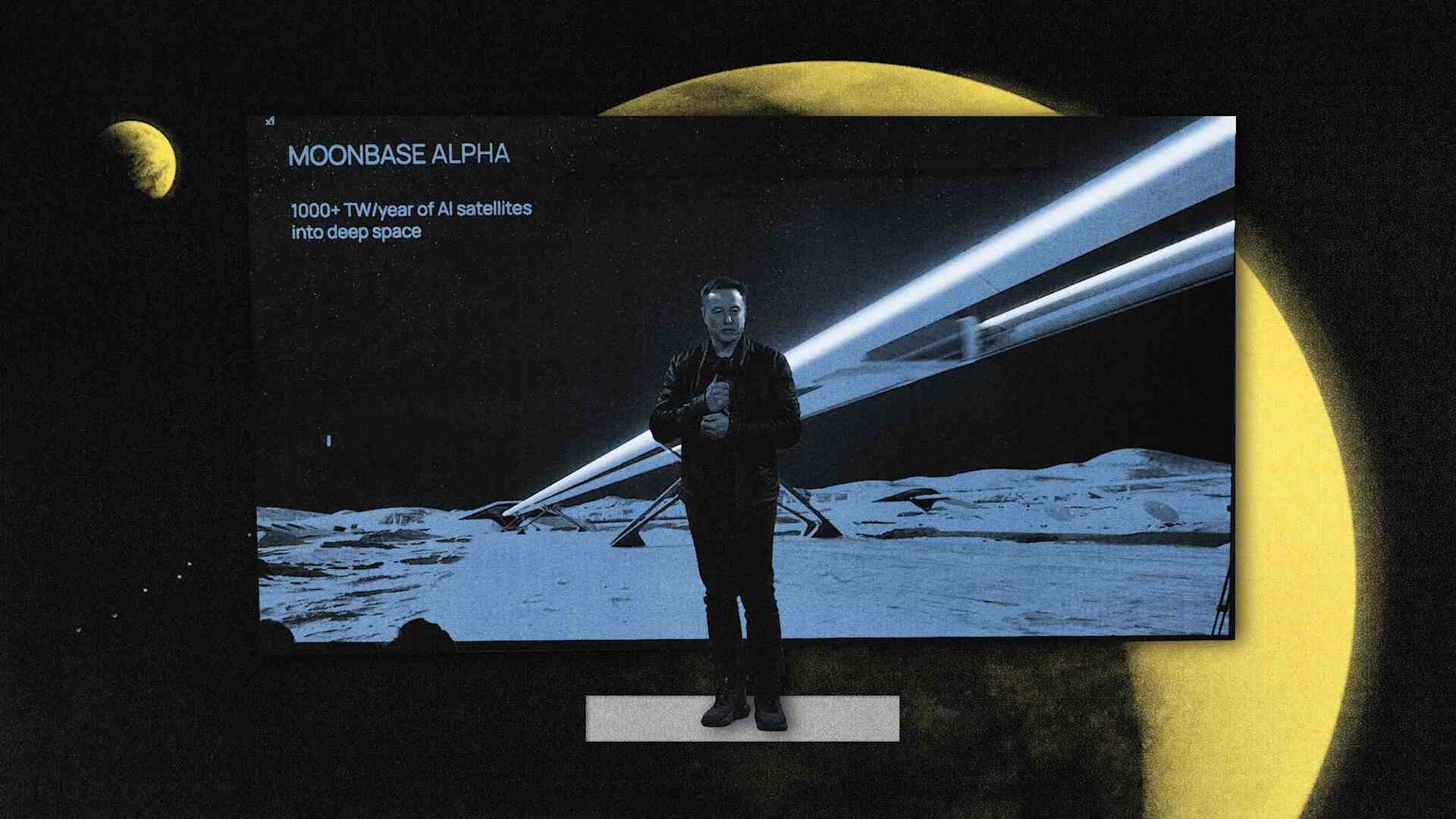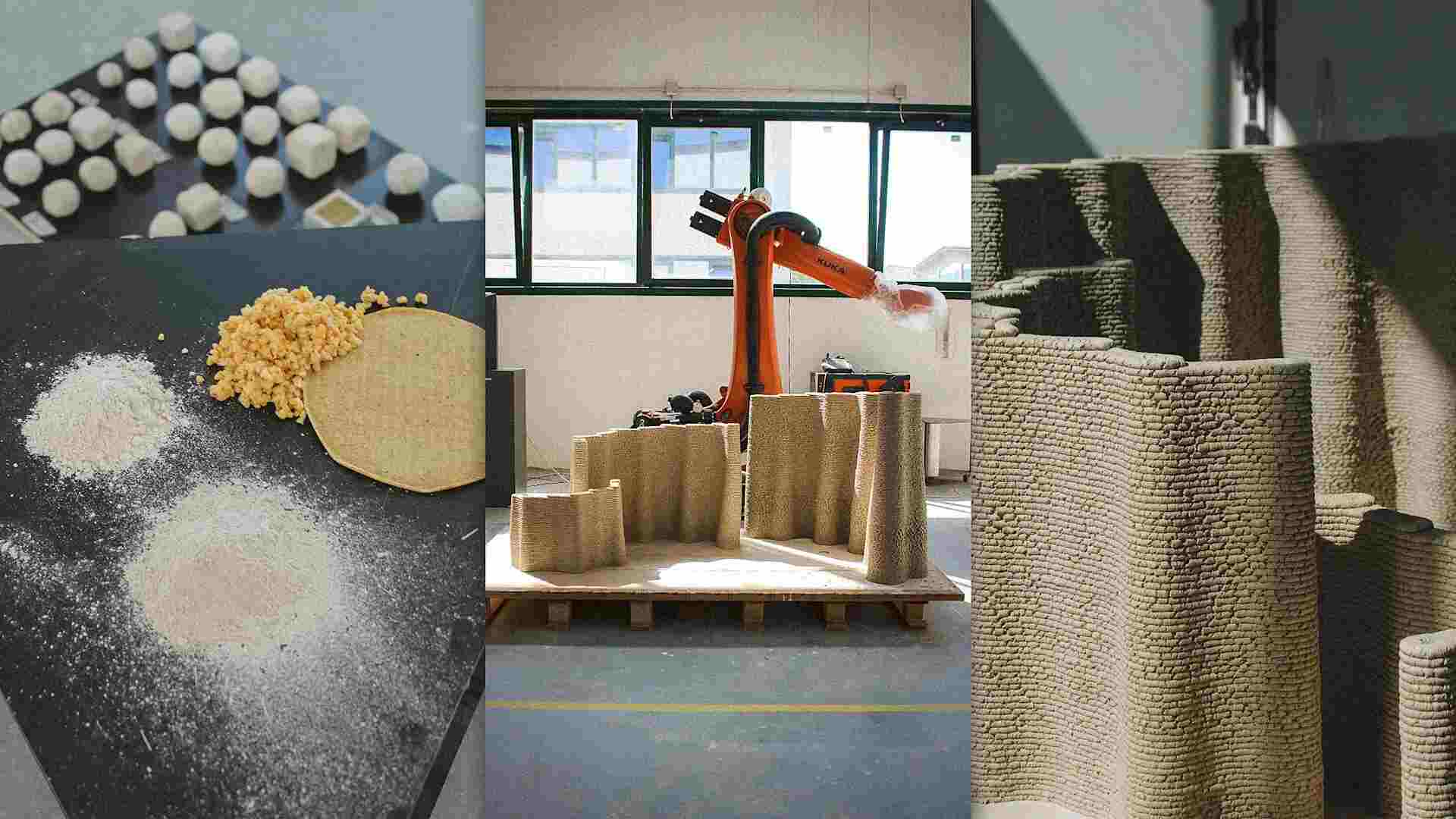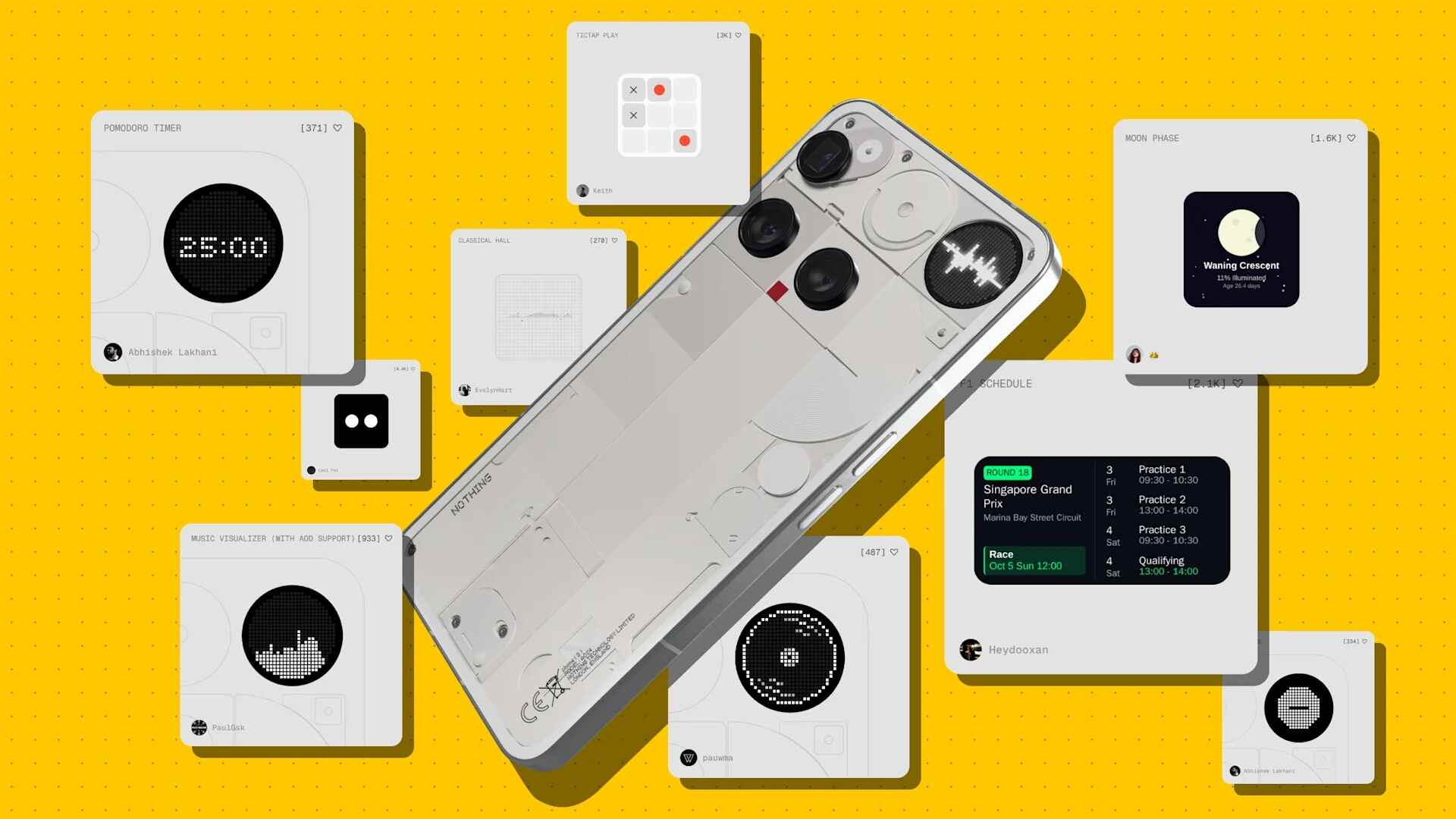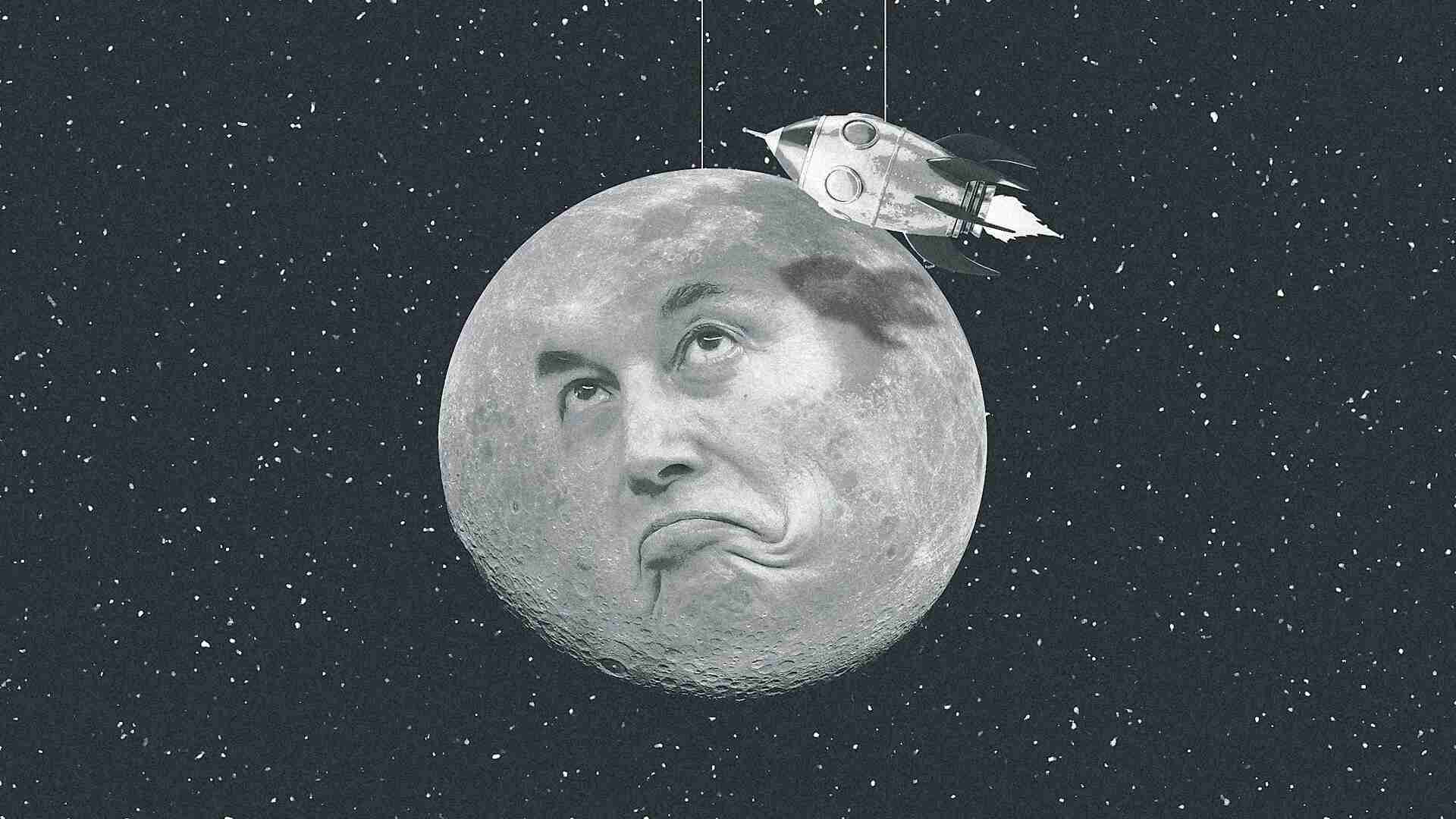- | 10:00 am
Does the Middle East value discreet luxury? Belgian luxury brand Delvaux is counting on that
With stores in Dubai and Riyadh, CEO Jean-Marc Loubier says its presence in the Middle East is a “very interesting moment” for the brand.
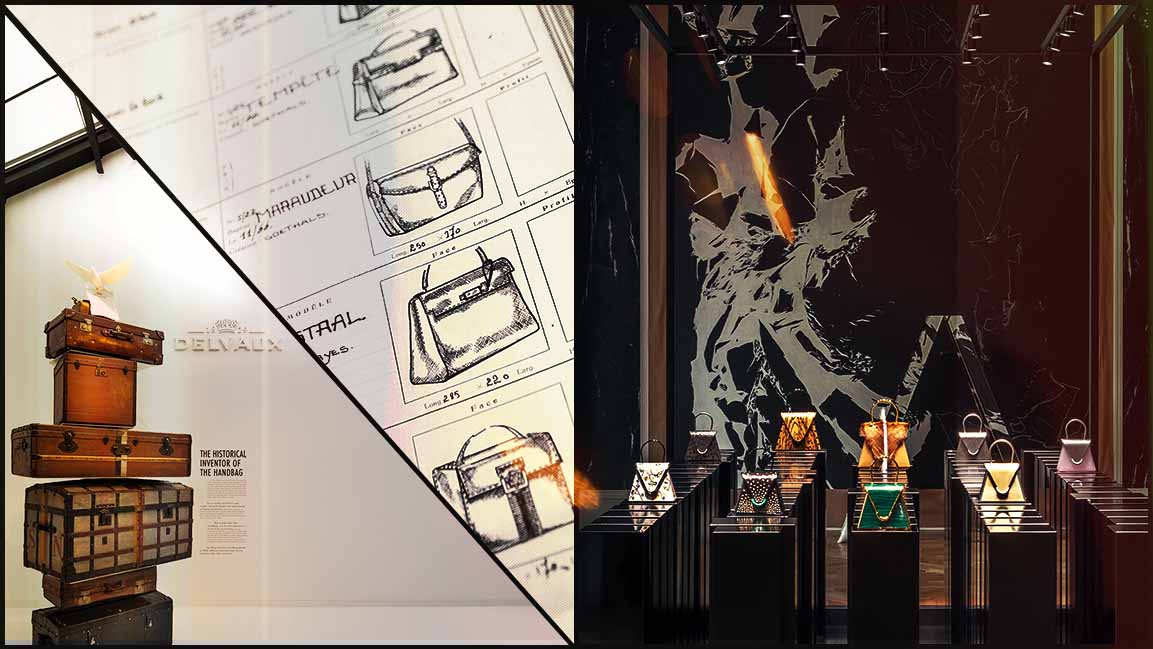
“When I discovered Delvaux, I didn’t know it was Delvaux. I saw the bag and said, ‘Wow, that is interesting.’ And you know what? It was the Brillant,” says Jean-Marc Loubier, CEO of Delvaux, who was then at Louis Vuitton.
The Brillant bag dates back to 1958’s World Fair in Brussels and is still iconic and the brand’s bestseller. The bag combines innovation with elegant design—crafted from 64 distinct leather pieces—and features a D-shaped buckle as an understated logo.
“Delvaux bags are defining,” he adds. “It is a piece of architecture.”
Its fans include Lady Gaga, Rihanna, and even royalty.
If you appreciate the finer things in life, top-quality luggage, handbags, and smaller personal accessories by Louis Vuitton, Hermes, and Gucci are trophies. But those particularly discerning about prestige leather goods for quality and design look to Delvaux. It’s the oldest Maison leather goods, known for gorgeous bags of all shapes, sizes, and colors.
Based in Brussels, Delvaux is a European household name but less famous elsewhere. Unlike many of the world’s other fine leather goods brands, it is low-profile and exclusive. However, the products are sought after.
EXPANDING IN THE MIDDLE EAST
In 2022, the Belgian leather goods manufacturer made its first move into the Middle East with the opening of its store at Dubai Mall, which was soon followed up with a store in Riyadh.
“Delvaux is a newcomer compared to many other brands that have been here for at least 10 years if not 20 or 30. But that’s interesting because we are new, we are brand new, so we are very fresh, and we are one of the Maison brand companies with the most important history as a background,” says Loubier, adding that its presence in the Middle East is a “very interesting moment” for the brand.
“When we opened the store in Dubai, the first year, people were just getting to know us. In the second year, we doubled our sales,” says Loubier. “They aren’t huge, but very important because people understand the connection.”
Physical stores are important to the Maison. Loubier considers the stores opened in the region to be bridges. “It bridges where we come from, Brussels, and where we land in Dubai. And in Saudi Arabia. The store we open, like our product, is very specific. It’s a project dedicated to the city.”
Under Loubier’s leadership, who was appointed CEO in 2021, the brand is experiencing renewed growth. Its iconic designs, such as the Brillant, the Tempête, the Pin, and the Lingot, continue to capture shoppers’ attention.
Loubier says people are “discovering” the brand in the Middle East. “They love that they can own a meaningful product beyond function. Delvaux can offer a lot because when people know us, they see something different than standardization and massification.”
“The women who own it, keep it. It’s beyond fashion. It’s a beautiful creation. They are made by what I call the architect of leather,” he adds.
There’s also a made-to-order program for the Middle Eastern clientele, which Loubier says is developing very strongly, although the brand is new in the region. “We are made-to-order by nature. We do this when people are very specific; we work with them and do something special, but it takes months to get it.”
INVENTORS OF LUXURY BAGS
Delvaux boasts a history rich in both tradition and innovation. Charles Delvaux established the company in 1829, shortly before the Belgian Revolution. After the conflict that spanned nearly a year, Delvaux prospered and became the official supplier of the Royal Court of Belgium. In 1908, Delvaux invented the first modern handbag with its filing of the first-ever leather handbag patent.
“Right when women started to become more independent,” Loubier says. “In a way, we’re the inventors of the modern luxury bag.”
He adds that Delvaux’s legacy is not stuck in the past. “It’s an active legacy. It’s more than the brand, which means a very important nonmaterial element allows us to develop a stronger connection with the right purpose
From the classic Brillant to the chic, modern Lingot, each bag, he says, has a specific identity. “What is important is that the bag’s usage is sustainable because people keep it.”
“It’s a token of connection. Because it goes from generation to generation. Of course, in the Middle East, we are new. So, moving from generation to generation will take a few years here.”
Loubier reiterates Delvaux’s philosophy when discussing his views on sustainability and ethical practices in the production of leather goods.
“We are very cautious in the way we make things.”
The firm’s highly successful production system has been developed through years of experience.
“We apply a philosophy that dates back to the 19th century: the philosophy of the applied art of decorative art, which is beautiful and useful. So what you buy from Delvaux is useful and beautiful. And this aspect of aesthetics is key.”
“Leather is a byproduct of human activity. But from this very ancillary thing, we elevate it to an outstanding product with value. And what is important in sustainability, whatever you do, more than how you make it, is how people will use it,” he continues.
“You will never see somebody dump a Delvaux bag. They will keep it forever and use it all the time. That’s the key to sustainability.”
HAND-ASSEMBLED LUXURY BAGS
Delvaux’s skilled artisans hand-assemble the coveted luxury bags at its workshops in Belgium and France. Each bag requires intensive, hands-on labor. Each year, the company introduces its new line of items, including handbags, wallets, and other accessories. It is characteristically innovative and sculptural.
To date, the Maison has produced more than 3,000 handbag designs. It also launches seasonal collections. In the 1930s, the Maison was the first to create seasonal creations by combining shapes and colors, much like the fashion collections.
Its creations showcased every season at Paris Fashion Week continue to captivate audiences with their originality and exquisite craftsmanship.
“But we don’t do a showroom. We don’t come and present everything. We come with a very clear purpose, where we show a direction that we will present later on in our store for the coming year,” says Loubier.
“The presentation is as important as the product we show. Last time, there were not even 30 products presented. It was treated like a performance, and I wanted a live performance where you could see people from my company doing a few bags and explaining the arsenal,” he continues.
“I was also gathering some other people working who were not from Delvaux, but I valued their work.”
For example, the Van der Kelen Logelain school in Brussels, the last trompe l’oeil school in Northern Europe, displayed their skills and techniques for imitating marbles on the walls in an engrossing process that illustrated the craftsmanship. “It delivered a bigger message of combining different know-how and knowledge.”
“These artisanal skills are, in many ways, becoming lost in the world. And it’s down to heritage brands like Delvaux to keep them alive. But the next presentation will be different. But the philosophy will be the same.”
Delvaux prides itself on being a heritage brand. “At Delvaux, there is no heritage washing; it’s real, and there is no greenwashing,” he adds.
FUTURE OF LUXURY
The luxury market is tricky and continuously evolving. Competition is fierce, primarily because the customer base is comparatively limited. A luxury business needs to create a certain mystique around it, and Delvaux has been able to connect with the deep desires and aspirations of its target audience.
“The future is understanding and evaluating specificity,” says Loubier.
“The world is complex. Our approach is how we make this complexity accessible. This means that we choose angles so that people can find the key to entering our world. Sometimes, it will be a bag, a piece of history, and a store. And from that, we individualize the journey.”
“This is the next step in the evolution of luxury, and if I’m right in these assessments, we’ll be a leader in that.”













